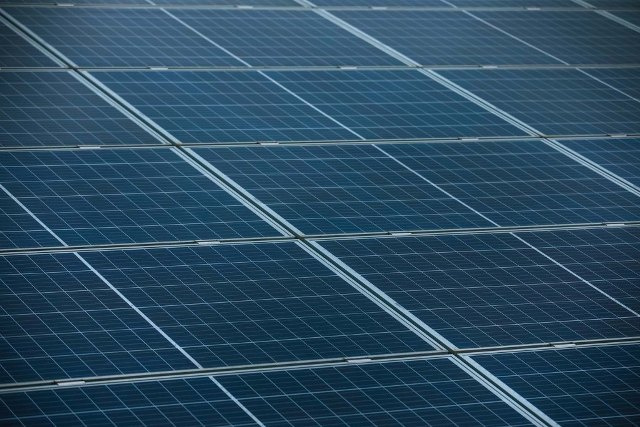Today’s renewable energy news includes announcements Cero Generation, Daiwa, Calibrant, among others.
Cero Generation Acquires 100-MW Battery Project in the UK
Cero Generation has acquired a 100-MW battery energy storage system (BESS) project in the UK as part of its growing clean energy portfolio. The acquisition reflects Cero’s strategic focus on integrating storage with renewables to enhance grid flexibility and reliability. The project will support the UK’s transition to a low-carbon energy system by enabling better management of intermittent solar and wind generation. It also strengthens Cero’s investment presence in energy storage, complementing its large-scale solar developments. With advanced battery technology and grid-support capabilities, the project will help stabilize power supply, reduce curtailment, and provide value to customers and communities through reliable, sustainable energy infrastructure.
Daiwa Begins Construction of 38-MW Battery Storage Plant in Japan
Daiwa Energy & Infrastructure has started construction on a 38-MW battery energy storage system (BESS) in Japan, marking a significant step in advancing the country’s grid resilience and renewable integration. The project represents a key investment in Japan’s clean energy infrastructure, supporting the balance between fluctuating solar and wind generation. With innovative storage technology, the facility will enhance energy efficiency, stabilize supply during peak demand, and improve overall grid reliability. Daiwa’s strategy aligns with Japan’s decarbonization goals and growing demand for flexible energy systems. The project’s long-term benefits include improved energy security, lower emissions, and better service reliability for customers across the region.
South Australia to Award Contracts for 700 MW of Dispatchable Capacity
The South Australian government has announced plans to award contracts for 700 MW of dispatchable energy capacity to ensure grid stability as renewable penetration rises. This initiative aims to support the state’s ambitious renewable targets while maintaining reliability during periods of low wind or solar generation. The program encourages investment in battery storage, gas peakers, and other flexible energy technologies. Strategically, it promotes a balanced energy mix and strengthens the transition to a net-zero grid. By fostering innovation in energy storage and grid management, the move benefits consumers through enhanced reliability, price stability, and resilience — positioning South Australia as a global leader in renewable integration and sustainable energy infrastructure.
Faheema P

